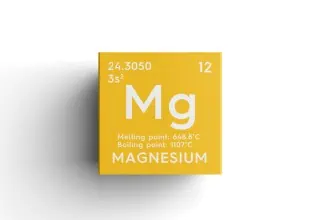
Hormonal birth control can negatively affect metabolic health and contribute to weight gain. Some types are more likely to do so than others.
Lara Briden - The Period Revolutionary
Leading the change to better periods and hormones
Insulin resistance is the condition of having chronically elevated insulin and plays a role in women’s health conditions including PCOS, acne, fibroids, and heavy periods.

Hormonal birth control can negatively affect metabolic health and contribute to weight gain. Some types are more likely to do so than others.

In women’s health, magnesium is the “Swiss Army knife” of nutrients—beneficial for everything from period pain to PCOS and PMS. It’s also a powerhouse for perimenopause, and here’s why.

In women, too much testosterone can promote insulin resistance and visceral fat.
That’s why androgen excess is the primary driver of weight gain with polycystic ovary syndrome (PCOS), some types of birth control, and perimenopause.

Is your low blood sugar a symptom of insulin resistance or mild dysfunction of the autonomic nervous system?
In episode 16 of my podcast, I return to the topic of hypoglycemia to discuss the difference between insulin resistance and dysautonomia, why unstable blood sugar does not automatically mean insulin resistance, and my concerns about continuous glucose monitoring.